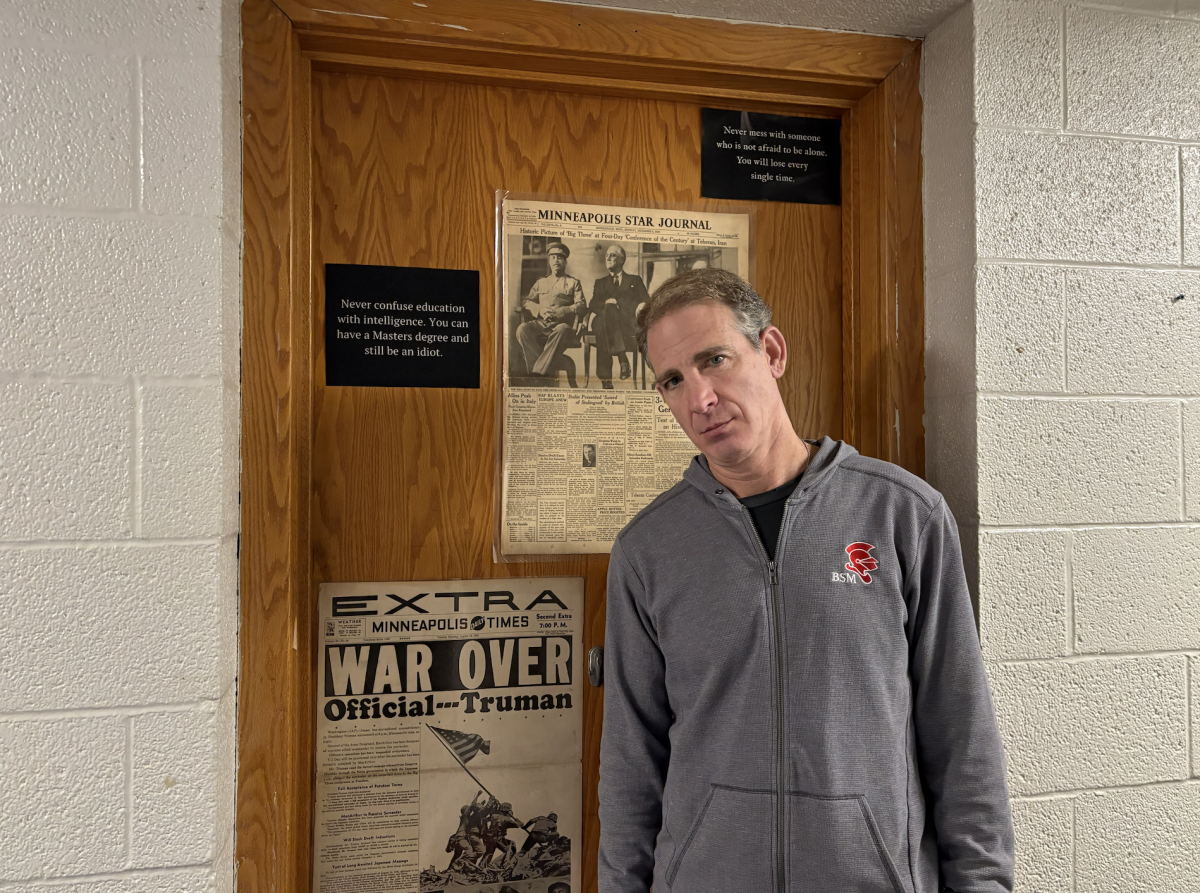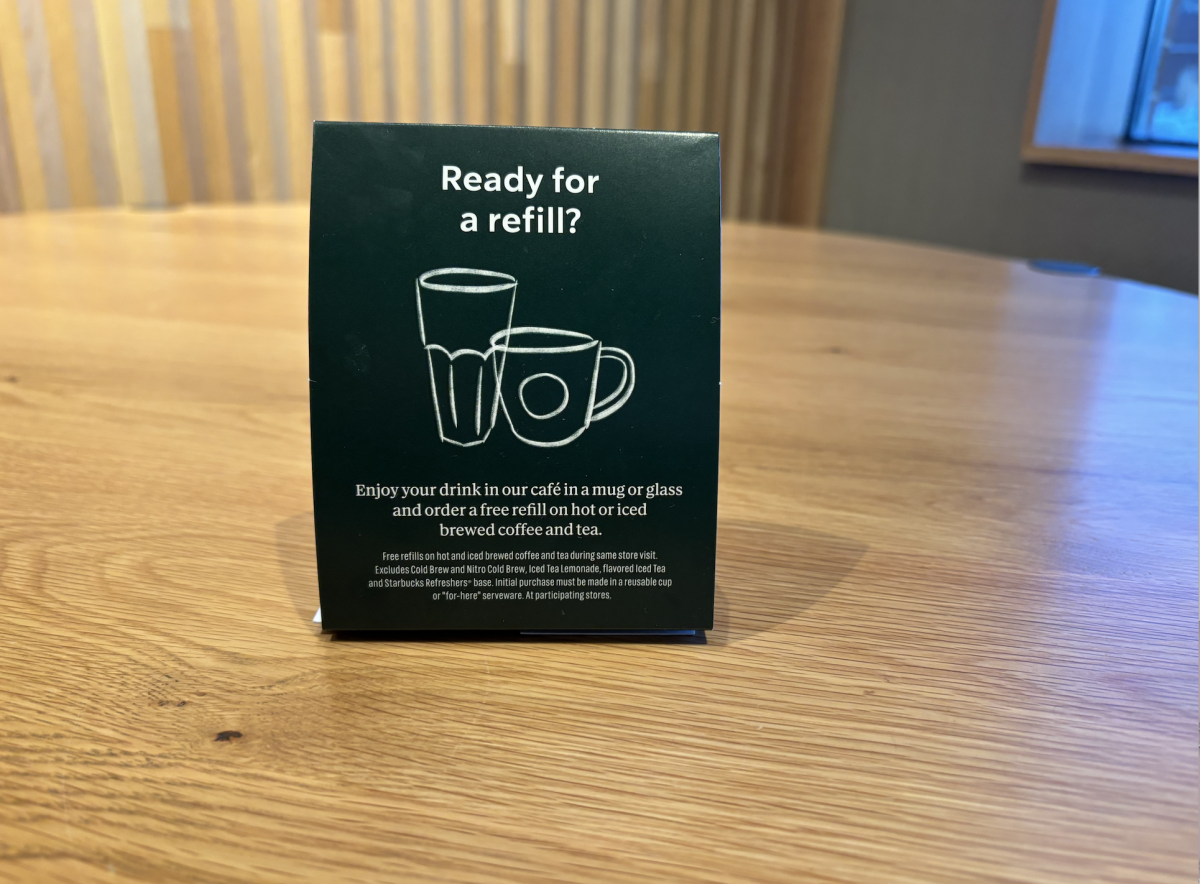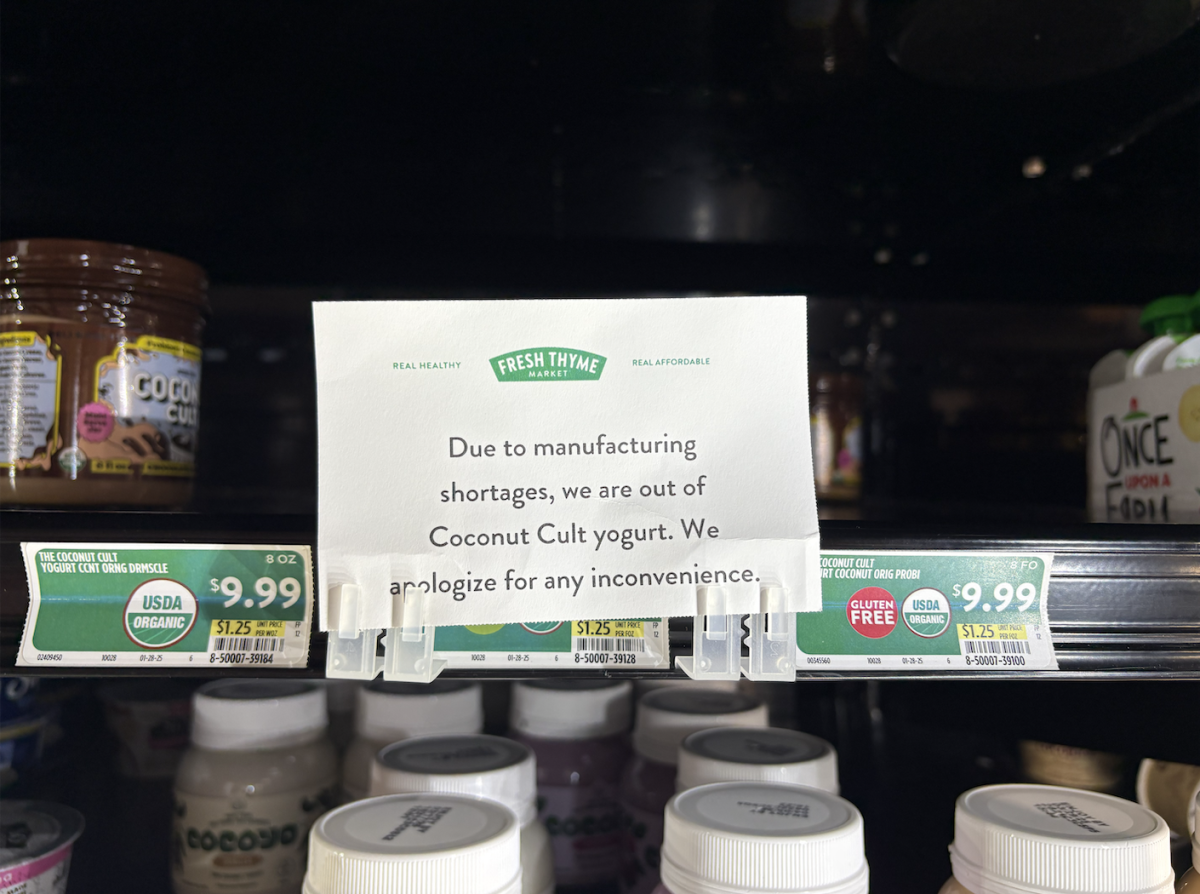Life, Liberty, and Minor Complaints: Single-payer health care
A single-payer system would provide many benefits, including reduced costs and higher quality care.
Health care is an especially vital government-subsidized program. Because of this, it consumes a significant portion of the national budget and remains a widely-debated issue. Currently, the United States pays more for healthcare per capita than any other country in the world; despite the insane amount of money the U.S. pours into health care, millions of Americans remain without access to it. A single-payer health care system would guarantee universal coverage to all citizens and save money in the process due to the elimination of the middle-man, the insurance companies, saving America billions of dollars in the process.
First off, a single-payer healthcare system is single-tiered meaning that all patients receive the same level of care. Currently, the health care system has to ration care, and this usually allows for wealthier people to see better doctors and receive better overall care while poor folks don’t have access to the same high-quality care. A single-payer system would be unified and force health care to be equal for every citizen. Guaranteed health care for all citizens would be a remarkable feat because according to the Physicians for a National Health Program, an estimated ten percent of Americans are uninsured with millions more having inadequate coverage.
Single-payer health care also cultivates an environment that promotes curing and preventing diseases rather than finding a treatment and stopping at that point. According to the National Bureau of Economic Research, private companies currently tend to refuse to allocate significant portions of their budgets to curing diseases. Most companies instead choose to earmark their money for marketing their medications and treatments; medical marketing has become a multi-billion dollar expenditure, and the implementation of a single-payer health care system would establish a purview for curing and preventing illness without having to shell out billions of dollars on marketing.
Furthermore, a single-payer health care system would create a cooperative, comprehensive medical database for all patient and medical records. In the current system, Health Maintenance Organizations and insurance companies privately possess their own patient records, and these are accessible solely to people within the company; this hinders medical research on what causes certain diseases. If doctors and researchers could examine the entirety of a population affected by a certain medical condition and the procedures that aid in the treatment of said condition, remarkable steps could be taken towards curing a multitude of diseases.
Moreover, single-payer health care saves money for the taxpayers of the United States. While it is true that a tax increase would occur due to the fact that coverage would be granted to all currently uninsured citizens, single-payer health care ends up saving money in the long run. This happens by eliminating insurance companies, simplifying payment options, and eradicating monopolies in the market. Currently, according to the Center on Budget and Policy Priorities, the U.S. spends over 20% of its budget on health care. A single-payer system would save billions by reducing administrative costs which would offset the cost of universal coverage.
Additionally, costs would be saved via the removal of insurance companies; many of these companies create monopolies or oligopolies to raise prices on consumers who need medication and treatment. According to a 2015 New York Times article, it’s not uncommon for a drug company to raise the price of a drug by 50 or 100 times the original cost overnight. A single-payer health care system would also dramatically reduce costs for patients because not only would monopolies be eliminated, but the government, the single-payer, could buy medication and medical equipment in bulk.
The financial toll of today’s health care system on the American people is staggering, and the middle class gets hit the hardest. Economies are strongest when the middle class thrives, and a single-payer health care system would alleviate the suffering that millions of middle-class Americans deal with by generating an estimated five to ten percent more disposable income for them, according to UC Berkley economics professor Emmanuel Saez.
Opponents to single-payer health care suggest that it would create long waiting periods for certain procedures; many of these people base this claim on the fact that Canada has seen a noticeable increase in waiting times since instituting a single-payer health care system. While Canada has experienced longer wait times since implementing their system, this is mainly due to the fact that Canadians have chosen to reduce medicare costs by limiting supply, and it’s important to note that these wait times are usually for non-urgent, elective procedures. This increase in waiting time would not necessarily translate to the United States if we implemented a single-payer system because we can afford to not restrict the supply of these procedures.
Additionally, adversaries to a single-payer system claim that the government would have complete control over the health care industry, and they would be able to exploit a monopoly. This is actually a misconception: a monopoly occurs when there is only one seller, but the government isn’t selling us anything—they are actually buying the health care and leaving the distribution up to hospitals, clinics, and medical facilities. This is called a monopsony, a system in which an industry has one buyer, which can help to drive down prices.
Furthermore, some insist that if health care was universal and people didn’t have to work for the money to pay for it, they would take their quality care for granted and be less cautious about their health. This, however, is not true. In 2015, the United Nations teamed up with the World Health Organization to compile a list of the healthiest countries in the world. This study factored in life expectancy, the risk of disease, causes of death, the percentage of the population who is vaccinated, and people with chronic health conditions. Of the top ten healthiest countries, all of them guaranteed universal health care for all of their people, and five of them had single-payer systems including Norway, the UK, and Japan.
Unfortunately, the United States still stands out as one of the only developed countries that doesn’t guarantee health care as a right to all people. America lags behind many other countries as our health care system has systemic flaws, costs us insane amounts of money, and doesn’t even provide every American with the care they deserve. A single-payer health care system is the best way to guarantee that all Americans get covered and that nobody is left untreated simply because they can’t afford the ridiculously high costs that the current system requires.




































![Teacher Lore: Mr. Henderson [Podcast]](https://bsmknighterrant.org/wp-content/uploads/2025/03/teacherlorelogo-1200x685.png)





